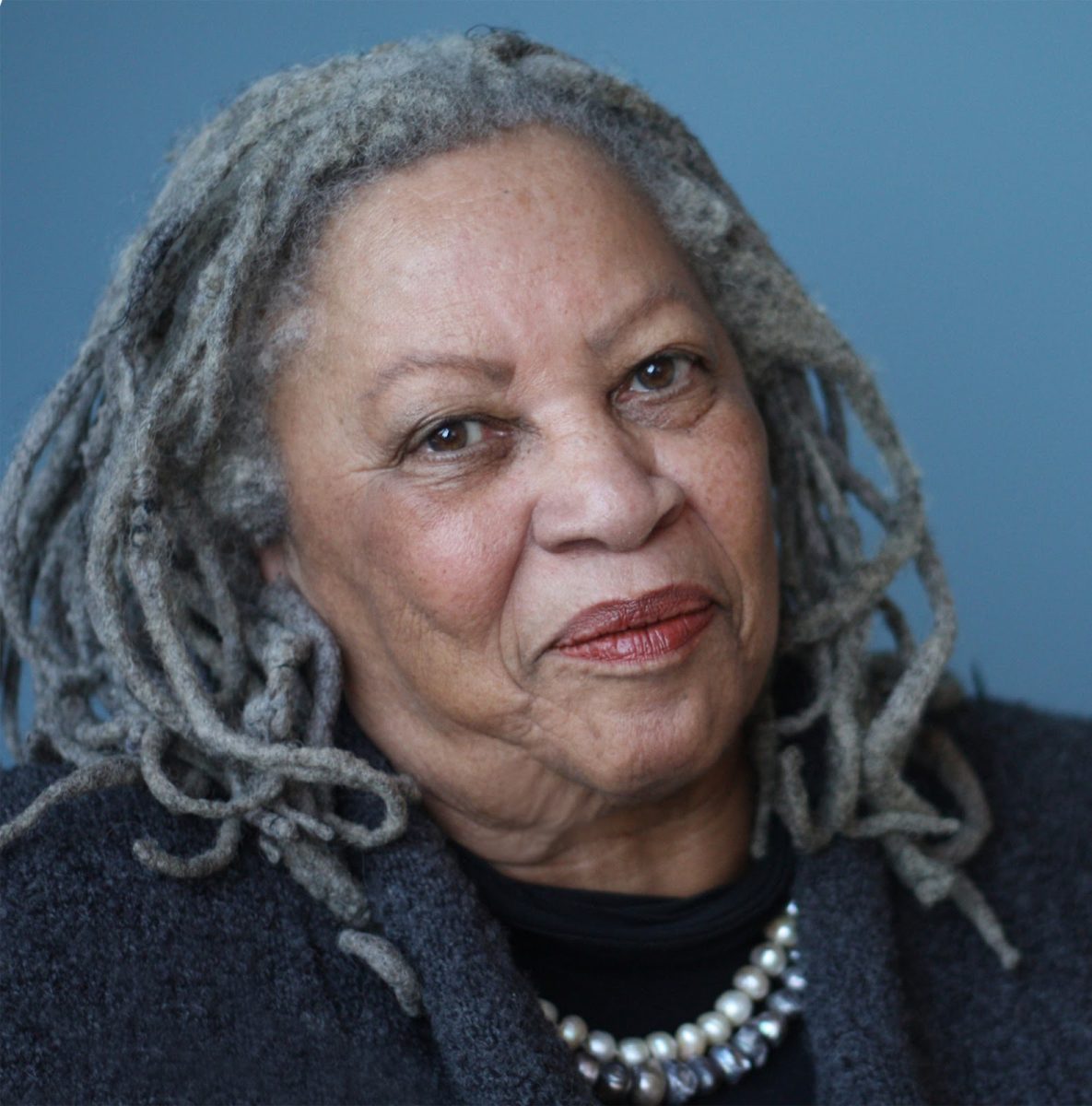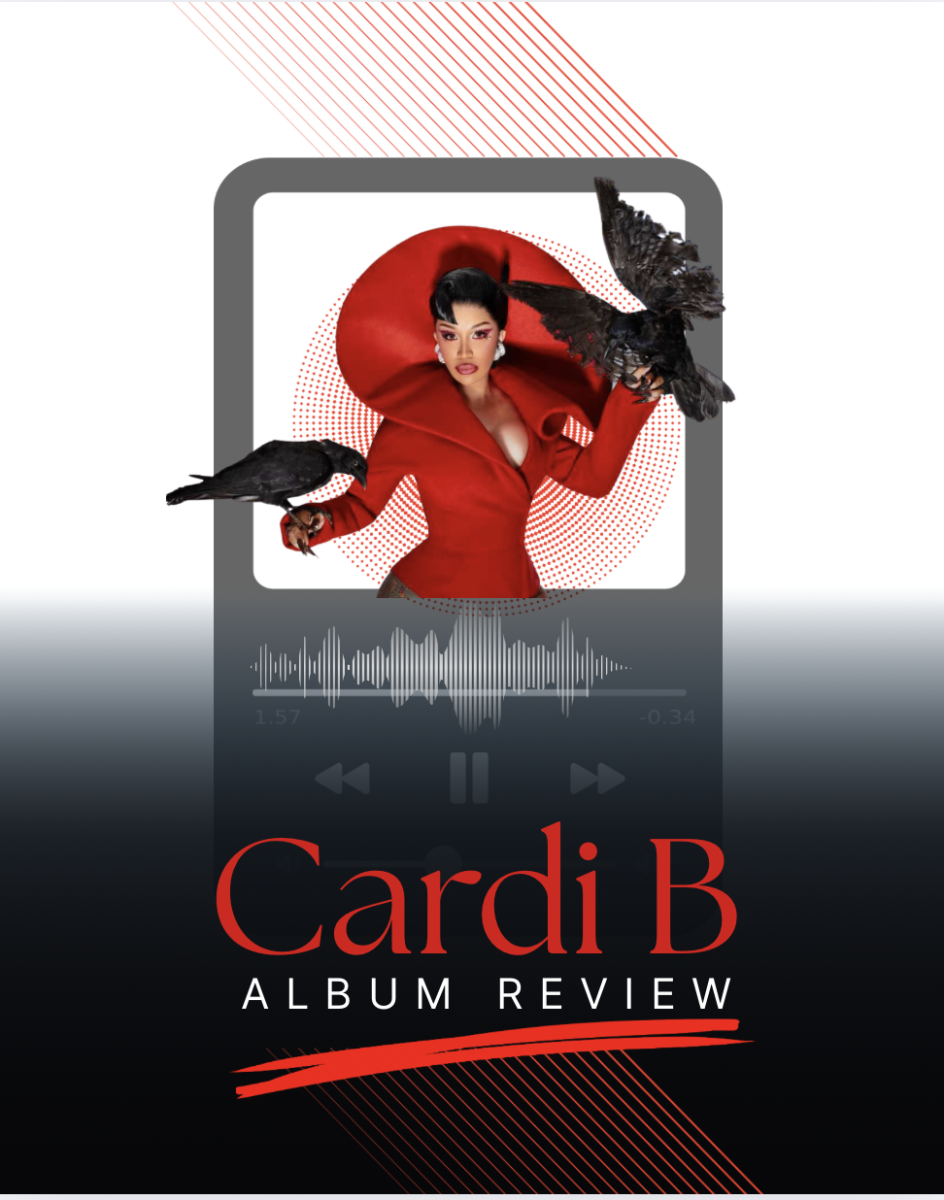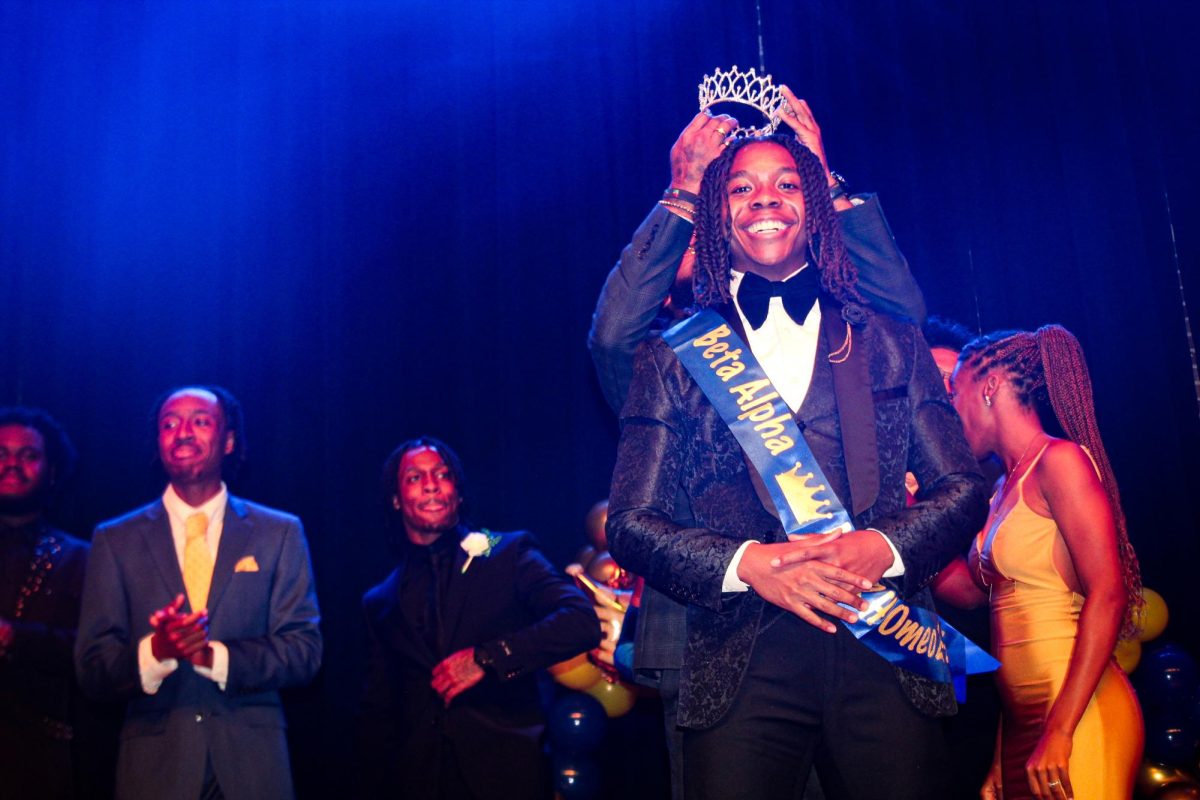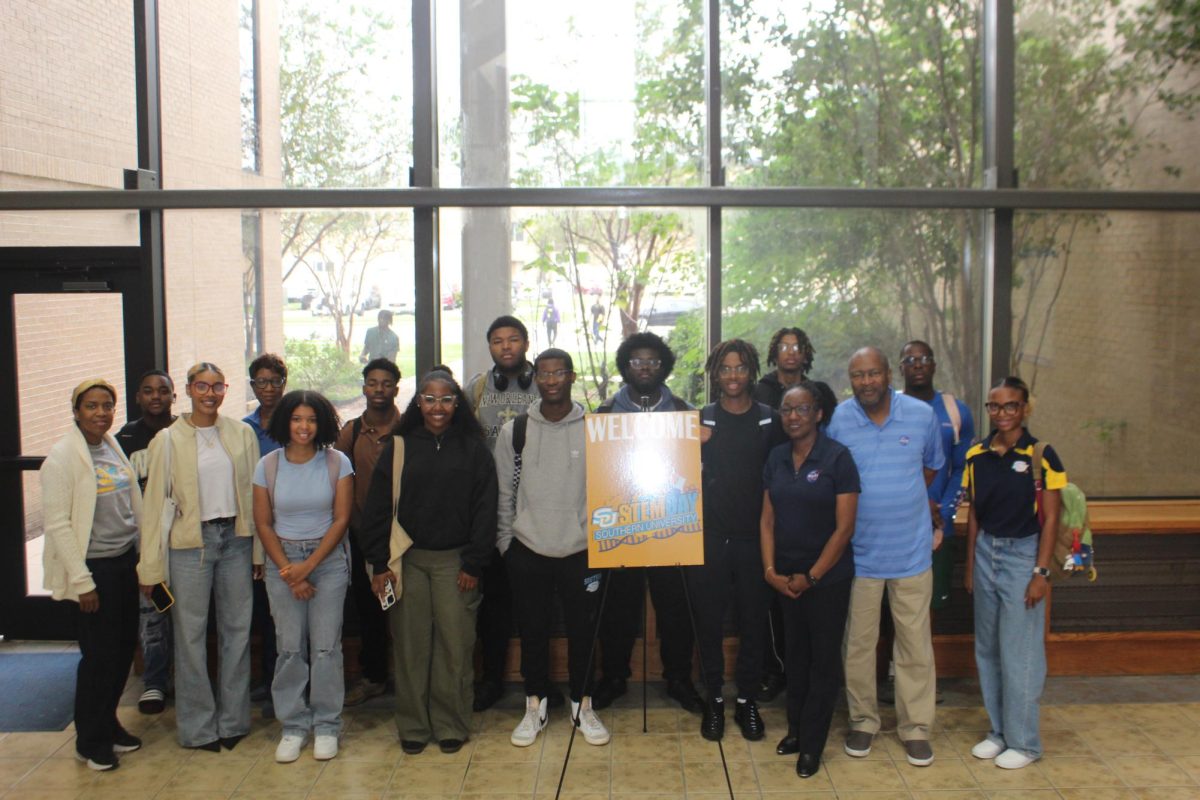Few words come to mind when describing the literary great that is Toni Morrison.
Born Chloe Ardelia Wofford, Morrison has already solidified herself, and 11 novels of work, as some of the world’s greatest literature.
In her 85th year, Morrison has already garnered awards and accolades, from the 1988 Pulitzer Prize for fiction to her most recent but equally prestigious Presidential Medal of Freedom.
By that sentiment then it was no surprise that Morrison would become the recipient of the PEN Saul Bellow Prize for American Fiction 2016, presented to her this past Thursday.
According to the Hillel Italie of the Associated Press, the event was billed as, “Dangerous Work: An Evening with Toni Morrison.”
Sponsored by the Creative Writing Program of New School and PEN America, the program was punctuated by performances from actress Adepero Oduye, actor Delroy Lindo, jazz pianist Jason Moran, mezzo-soprano Alicia Hall Moran, and Master of Ceremonies Kevin Young.
Morrison, who first started her work as an editor for Random House has the works of black activists, athletes, writers and civil rights icons under her belt.
One would be hard pressed to find a modern 21st century writer that doesn’t, to quite a flattering degree, hold Morrison to an unshakeable god like standard.
Morrison’s work is grounded in blackness, it is unapologetic and stringed with ribbons of mysticism and life lessons that anyone, from middle schoolers to college graduates can learn.
Morrison’s work on and off the page has paved the way for writers, especially writers of color to have the courage to create and mold their arts in blackness, free from acceptance and to be taken in all its glory.
In a profile of Toni Morrison written in The New York Times Magazine, Essayist Rachel Kaadzi Ghansah spoke with Morrison about her philosophy towards authoring, a view that leaves historically American Literature audiences looking in from the outside.
“What I’m interested in is writing without the gaze, without the white gaze,” she told Ghansah, “In many earlier books by African-American writers, particularly the men, I felt that they were not writing to me.”
And with that Morrison has birthed a writing and style of storytelling unique to her and no one else.
In the 11 novels Morrison has authored since 1970 nothing could or ever will compare to the pages of American history, race and mythical ethos that encompasses every chapter of her novels.
In Song of Solomon (1977), readers watched a young boy struggling into becoming a man – surrender to the wind, In Beloved (1987), a mother is confronted with the weight of a brutal decision bore from love and circumstance and In God help the Child (2015), the reader is taken on a journey through the life and relationships of Bride, a “Sudanese black” woman abandoned by her father, shunned by her mother, whose body has now become unfixed from time.
But in all this it’s who Morrison writes to, for and about that elevates her being.
It is one of respect, brilliance and appreciation among the millions young and old of black Americans that find remnants of their past, and present in Morrison’s works.
In an interview with the New York Times Magazine Morrison proclaims without a doubt or silver of untruth that, “I can write forever.”
For the masses of readers who have grown or will, into to the work and life of Morrison’s work … we hope so.
Categories:
Toni Morrison: Recipient of 2016 Saul Bellow Award
November 8, 2016
0
More to Discover












